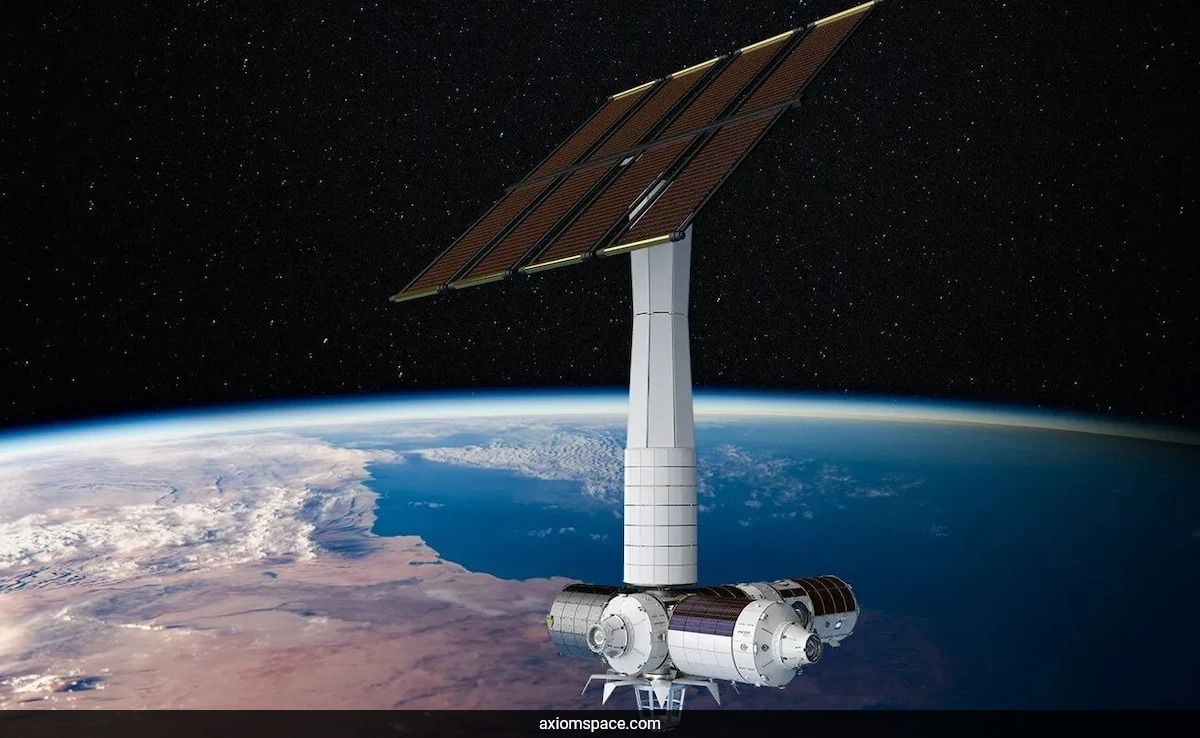Axiom Space Leads Charge in Building Successor to ISS, Eyes Collaboration with India

HOUSTON, USA - As the International Space Station (ISS) nears the end of its operational life, set to retire by 2031, the global space community is looking towards private enterprises to construct its successor. Leading this ambitious endeavor is Axiom Space, a Houston-based company that has already made significant strides in space travel and infrastructure.
Axiom Space, which is training Indian astronauts for a mission to the ISS in 2025, has declared itself as the "leading provider of human spaceflight services and developer of human-rated space infrastructure." The company is currently constructing what it describes as the world's first commercial space station, Axiom Station.
In an exclusive interview with NDTV, Pearly Pandya, Director of International Government Business at Axiom Space, expressed optimism about the potential role of Indian technology in future space endeavors. "I would love to see Indian rockets being used for missions to the probable successor to the ISS," Pandya remarked, highlighting the importance of a global and diverse supply chain in space exploration. She praised India's recent successes, like the Chandrayaan-3 mission, noting that India is "emerging to be a space superpower."
Axiom Space's progress on the Axiom Station is notable. Following successful design reviews with NASA, their partners at Thales Alenia Space have started welding and machining the primary structures of the station's first module. The initial pieces of this module are now being assembled and are expected to arrive in Houston for final integration, with plans for launching the first section in 2026.
Regarding India's own space station project, Bharatiya Antariksha Station, expected by 2035, Pandya indicated that Axiom Space is eager to collaborate. "We would be ready to support the country and would be happy to discuss interoperability, building a module, or even working on 'space trade'," she said, suggesting a collaborative future where different stations could share unique capabilities.
As Axiom Space continues to push boundaries in space infrastructure, the involvement of international partners like India could play a pivotal role in shaping the future of space exploration. With Axiom's commitment to building next-generation spacesuits and modules for missions to low-Earth orbit, the Moon, and beyond, the company is not just building a space station but fostering a new era of global space collaboration.
